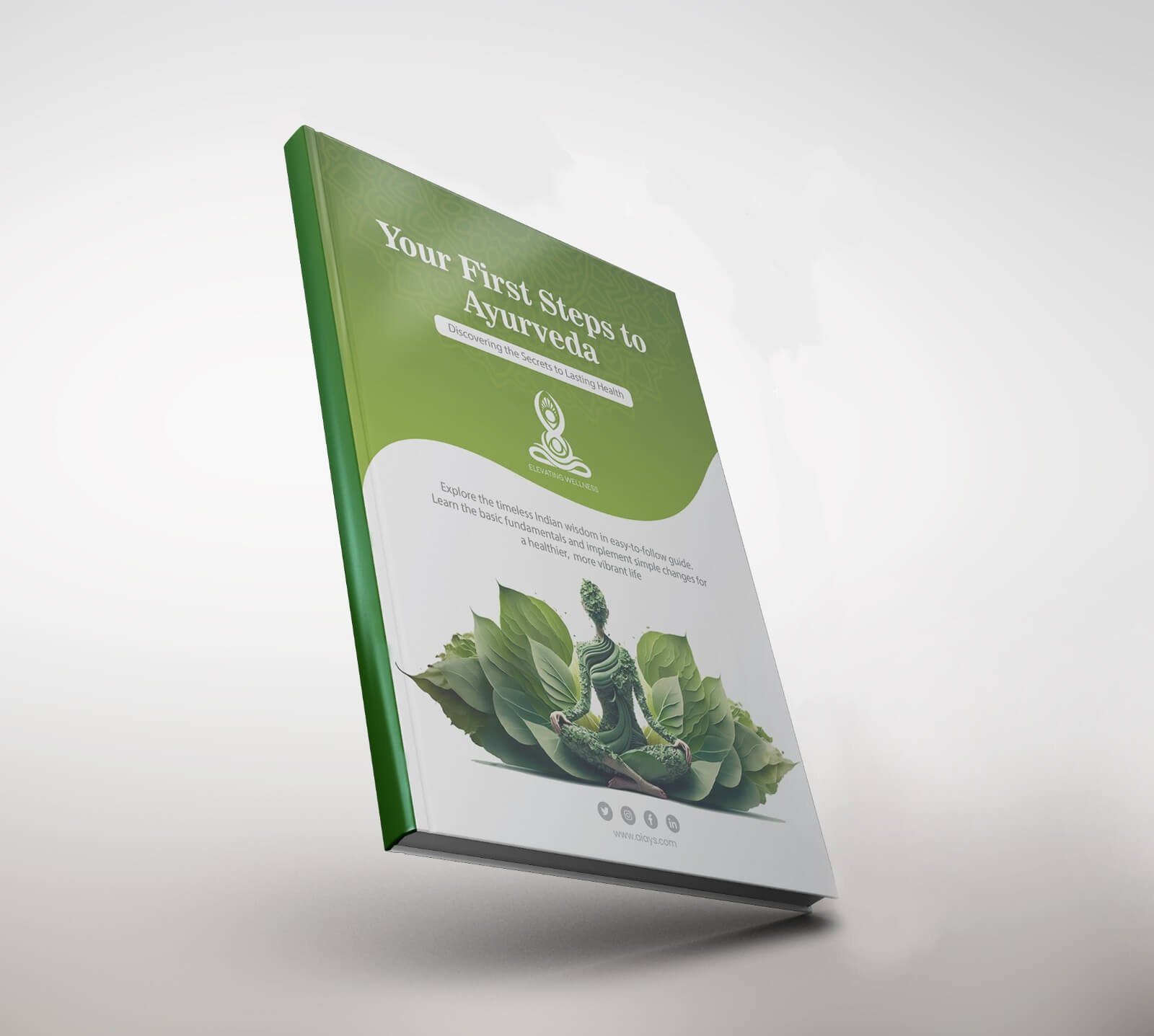Symptoms & Illnesses
Thyroid Treatment
Overview -Thyroid
Understanding the Thyroid: Types, Symptoms, and Ayurvedic Treatment Approaches
The thyroid, composed of two lobes, stands as a vital endocrine gland nestled in the neck. Its pivotal role in regulating metabolic rate, protein synthesis, and various developmental processes underscores its significance. Essential for both brain and physical development in infants, as well as metabolic activity in adults, the thyroid gland secretes crucial thyroid hormones.
Types and Symptoms of Thyroid Disorders:
Hypothyroidism, often termed as underactive or low thyroid, arises when the thyroid gland fails to produce adequate thyroid hormone. This condition manifests in symptoms such as sensitivity to cold, fatigue, constipation, depression, and weight gain. It stems from the overproduction of the hormone thyroxine, leading to an accelerated metabolism, unintended weight loss, and a rapid or irregular heartbeat.
Hypothyroidism reflects an imbalance of the Kapha-Vata dominant Dosha, characterized by diminished agni (Mandagni), precipitating irregular transformations including Atisthoulya.
Hyperthyroidism, on the other hand, embodies a Pitta-Vata dominant Dosha imbalance, coupled with unstable agni (Agni vaishamya). This imbalance results in Dhatukshaya, marked by emaciation, heightened heart rate, and weight loss.
Treatment Approach for Thyroid Disorders
The treatment approach for hypothyroidism entails Kapha-Vatahara and Atisthoulya Chikitsa. Incorporating therapies like Rookshopachara, Swedanam, Virechanam, and Vasti aims to bolster strength and balance.
In addressing hyperthyroidism, focus revolves around stabilizing Agni based on individual complaints. Treatments such as Snehapanam, Swedanam, Virechanam, and Vasti, tailored to factors like Prakriti, Dosha, Dhatu, Mala status, and individual risk factors, are employed.
Treating Udanavrita Samana
Associated with ama, the vata causing obstruction characterizes Udanavrita Samana. Here, udanavata obstructs samanavata, linking udana with ama. Treatment strategies prioritize ama destruction, encompassing fasting, sudation, medicinal intake, gruels, and ‘light to digest’ foods prepared with ama-digesting herbs. Subsequent interventions aim to fortify the weak samanavata, employing medicines to kindle digestive fire, emesis, a light diet, and Rasayanas—tissue rejuvenating formulations.
Treating Kaphavrita Udana
Addressing aggravated kapha initiates the treatment. If kapha associates with ama, administering ama-dissolving medicines and foods ensues. Once kapha is under control, focus shifts to udanavata. Employing vata-alleviating measures, unctuous purgation, and enema effectively treat vata, akin to addressing vata in Udanavrita Samana.
Other Strategies of Treatment
Treatment as per Symptoms: Tailoring hypothyroidism treatment according to the predominant symptom or disease is crucial.
Treatment in Accordance with Related Tissues and Channels: Promptly addressing related tissue and channel disturbances is imperative.
Treating on Lines of Galaganda: Galaganda treatment is pivotal in goiter presence.
Treating on Lines of Medoroga: Overweight, obesity, elevated cholesterol, and fatty liver treatments align with medoroga principles.
Herbal Formulations and Research Studies
Kanchanara: Enhanced thyroid functions observed in animal experiments underscore its efficacy.
Ashwagandha (Withania somnifera): Known to balance thyroid hormones, its adaptogens harmonize with the endocrine system.
Shigru (Moringa oleifera): Its extracts showcase significant hormone concentration increase.
Varuna (Crataeva nurvula): With anti-tumor properties, it aids in treating thyroid swellings and goiter.
Guggulu (Commiphora mukul): Demonstrated effectiveness in raising T3 and T4 levels.
We encourage arranging an appointment with our esteemed specialist for further insight and personalised guidance. Please click on the link provided below to schedule a consultation with our expert.
Our Constipation Issue- Specialists

Dr. Vivek Brijbahal Singh
BAMS, M.D. Rachna Sharir, Advanced PGD in Clinical Research

Dr. Supriya Kurane
BAMS, M.S. Surgery



